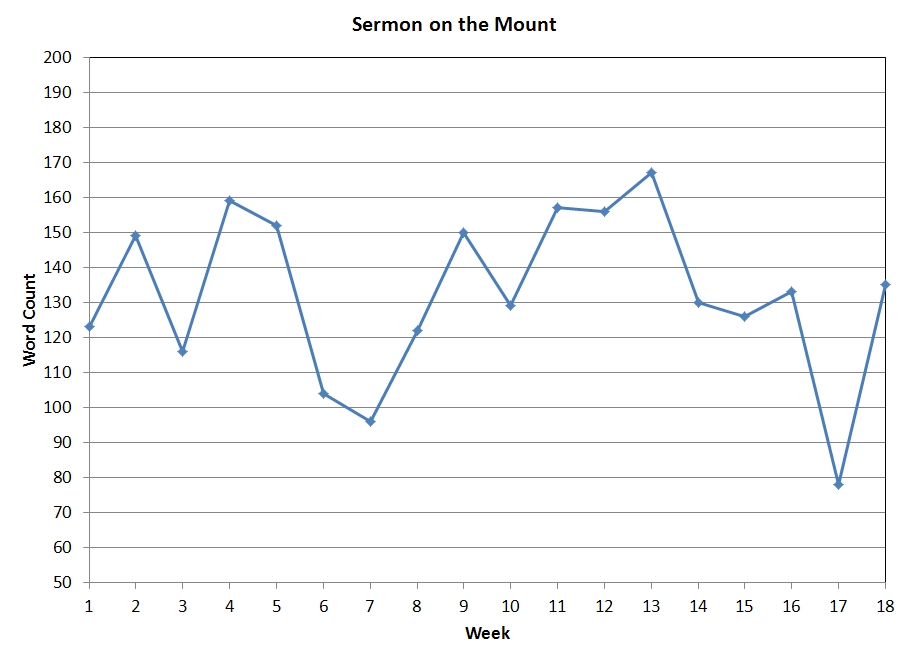It seems that everywhere we turn, we are inundated with sex – normally it’s used to try to sell us something. When I’m watching TV with my girls, even watching something fun and entertaining and clean, the commercials can go from racy to soft porn without a second’s notice. Why is that? It’s because the world has perverted the good gift that God has given us. Sex is powerful, and when used in the wrong contexts, it captures us and leads us down the wrong path.
Those in Hollywood or elsewhere who use sex in movies and pornography (and even commercials!) to make money are not representing what sex truly is or how it should be used. Those things are “acts designed to arouse the hardened heart, not the tender heart.” (Tim Challies, Sexual Detox) The experiences we take in feed us a wrong picture of how men and women should interact with each other.
That’s why Jesus’ teaching in Matthew 5:27-30 is so important for us today. Even after conversion, we are not free from or victorious over the sin we’ve been caught up in. We are all sinners. Our culture’s preoccupation with sex is still something that can preoccupy us. Jesus’ standard seems so hard and so difficult because we are so fallen. Just as Jesus linked murder to the attitudes that precede it, so here he stabs right through our façade to point to our heart’s desires: from external actions (adultery) to internal intentions (looking with lustful intent).
Jesus is also breaking down the artificial barriers we put up to say we have avoided this sin. “Adultery can only be accomplished if we’re already married” we might argue. Jesus says, “No!” A studied look with sexual intent is still sin – whether committed by a married man or a single woman. God’s law demands purity and integrity in our hearts and thoughts; our whole being must be devoted to God.
Purity in our hearts is so important that Jesus tells us to take violent, decisive action against anything that causes us to sin. We must remove temptation’s source – better to lose a little than to lose everything in hell. We must not pamper, flirt with, or nibble around the edges; we must hate it, crush it, and dig it out. (Carson) As my friend Bill pointed out, we are “experienced sinners”, like recovering alcoholics; we know our own weaknesses and must fight and claw our way free of them.
“Put to death therefore what is earthly in you: sexual immorality, impurity, passion, evil desire, and covetousness, which is idolatry. On account of these the wrath of God is coming. In these you too once walked, when you were living in them.… Put on then, as God’s chosen ones, holy and beloved, compassionate hearts, kindness, humility, meekness, and patience, bearing with one another and, if one has a complaint against another, forgiving each other; as the Lord has forgiven you, so you also must forgive. And above all these put on love, which binds everything together in perfect harmony.” (Colossians 3:5-7, 12-14 ESV)

